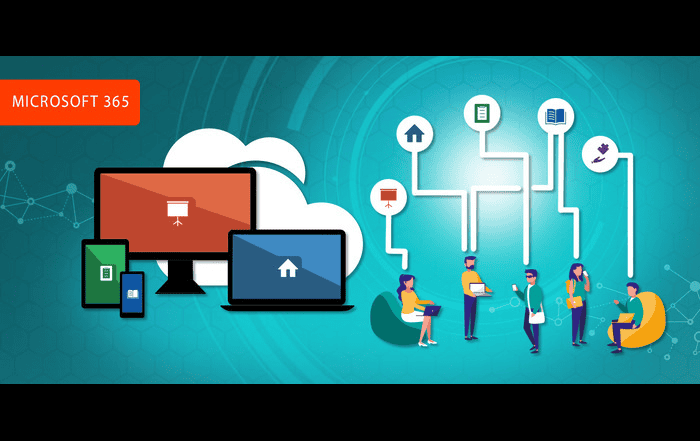Small businesses face big problems every day, especially since their competition is far from small-scale, and the need to stand out all the greater for it. Larger corporations, on the other hand, struggle with weeding out those seemingly minuscule issues that could lead to tremendous losses. One wrong hire, and you risk granting access to sensitive information to someone who’s not the most trustworthy candidate of the bunch. Security in both business models requires constant attention and ongoing creative problem-solving.
Today, when cyber-threats are present in all industries and for businesses of all sizes, you need to step up to the challenge and make sure that your brand’s online presence is resilient and free of any weak links. Here to help you manage your online security better are the five simple tips to add to your cybersecurity strategy in the months to come. Keep your mind open, as you’ll always need to upgrade your efforts, but these are considered timeless and essential to serve as the foundation of online security.
Regular scanning and analytics
There is no way to know if you can improve your cybersecurity efforts, unless you conduct regular security assessments to make sure you’re on the right track. From setting up your KPIs and target cybersecurity goals, all the way to enabling the use of advanced firewalls and malware protection software, you can find potential gaps in your strategy when you run regular system checks with the help of your IT team.
If your own tech team can easily penetrate your security system, rest assured that hackers will have a field day with it, too. Make sure that you schedule those assessments on a regular basis, so that you never postpone the process and forget all about it due to other tasks on your plate.
Keep your passwords impenetrable
Do your employees use their pet names, birthdays, and favorite candy as passwords for all of their accounts to “keep it simple”? It’s a security hazard, and one you need to eliminate as soon as humanly possible. Strong passwords are the backbone of your cybersecurity, and each individual in your organization should learn how to create and use strong passwords for each account they use.
You can let them use a password manager with a built-in secure vault to store their passwords. Of course, they need to change their passwords frequently, and always double-check with your IT experts as to best practices for password storing and selection for different accounts. Also, keep your key accounts accessible only to a handful of employees – that alone will reduce the risk of breach significantly.
Image source: https://www.rawpixel.com/image/1018486/free-image-rawpixelcom
Choose a trustworthy domain name registrar
Today’s digital businesses rely on a few service providers to ensure optimal security on different levels. For example, many companies use cloud providers to store their data, and their built-in security protocols are pivotal in preserving your business integrity. The same goes for your domain registrar, since they need to ensure the right kind of preventative measures to keep your domain name safe.
Before you settle on the registrar, look into domain name security factors that come into play, from spam monitoring to sinkholing potentially threatening traffic. Monitoring and prevention are vital to preserving your domain name, and it all depends on choosing a trustworthy registrar to build your online presence from the ground up.
Security patches are never optional
Every piece of software you use in an effort to stay safe online, including your virus and malware protection, and each communication tool you use, they all need regular updates to prevent issues and glitches. Most importantly, they come with security patches that ensure that your continuous use of these tools won’t jeopardize your communication channels or the information you exchange.
The same goes for your system software and dedicated security tools. They seem to ask for an update at the most awkward of times, but you should always find the time to update them nonetheless, and your IT team will be grateful for the effort.
Train your staff regularly
At the same time, your employees are your strongest assets and your greatest weakness. They are the ones holding the keys to your cybersecurity, and by that we don’t mean just the well-versed IT genius who tackles any issue like a piece of cake. That also refers to all of your employees who regularly use your PM platform, your email account, and any other digital tools directly linked to your business. What’s more, they can inadvertently leak information simply by opening a phishing email without having any ill intent.
To prevent such incidents and to make sure all of your business data is secure, you should categorize access to it based on the level of confidentiality. Furthermore, regularly educate and train your employees to implement the latest preventative measures in their daily work. Your teams should be able to handle the latest tech you use, which is often a key challenge in the workplace for many businesses today. How they handle email correspondences and how they exchange information can make all the difference in your cybersecurity.
Advanced cybersecurity measures are always welcome, but they only work if you pair them with these basics. It often boils down to how your employees handle their passwords or how well your IT team scans for weaknesses in your online presence. Look for ways to implement these suggestions into your strategy, and you’ll grant your business a more secure way to attract customers and protect your reputation in the future.




